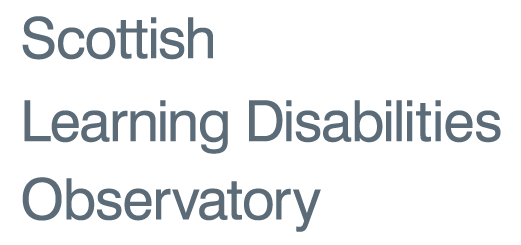In the whole population of North Lanarkshire, 0.5% of people are known to have autism. The prevalence of autism in the 0-15 age group is 1.6%. This reflects availability of diagnostic services for autism, which have improved considerably over the last two decades.
North Lanarkshire
Population size is 337,727
-
Choose
- Learning disabilities
- Autism
Population characteristics
Health
Households
Employment and education
Other topics
98.5%
were born in the UK
94.9%
are white and Scottish
94.4%
speak only English at home
Summary information
1,751 people are known to have autism; that's 0.5% of people
-
213 girls and 822 boys aged 0-15 are known to have autism, that is 0.7% of all girls and 2.5% of all boys aged 0-15
-
86 girls and 281 boys aged 16-24 are known to have autism, that is 0.5% of all girls and 1.5% of all boys aged 16-24
-
1,035 children and 716 adults are known to have autism
-
415 females and 1,336 males are known to have autism
-
7% of people known to have autism rate their health as very good, compared with 50.7% of all people; 3% of people known to have autism rate their health as very bad, compared with 1.8% of all people
-
18% of adults known to have autism have paid employment, compared with 58% of all adults; 8% of adults known to have autism are unemployed, compared with 6.2% of all adults
View other information
Explore
Choose People with learning disabilities data or People with Autism data
You may also choose topic or area
